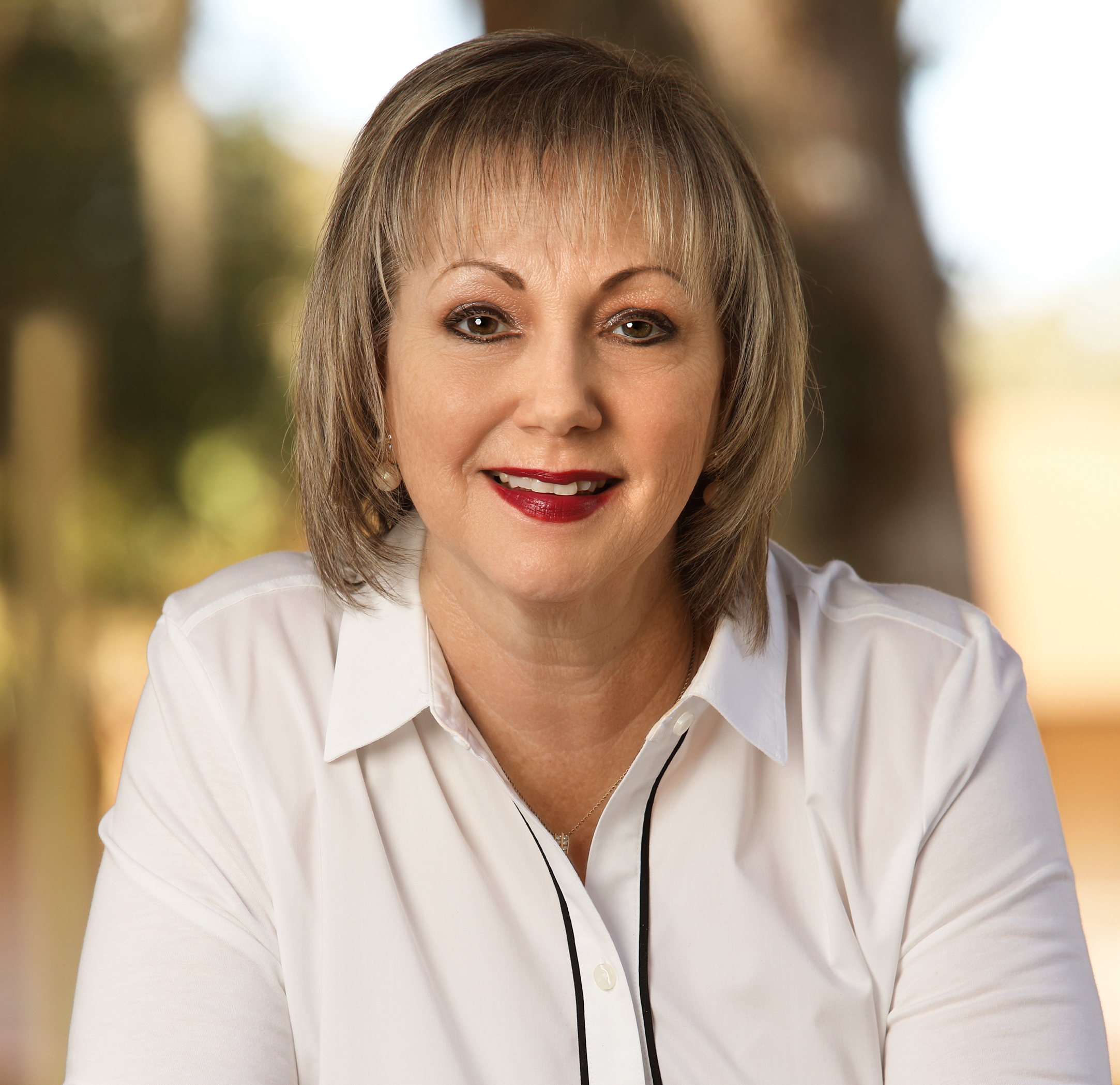When God Asks Us “What Is the Matter?”

“I’ve come to the end of myself. The end of my rope. I cannot take another step the way things are now.”
I’ve heard words, or words like them, several times this past month. I understand; sometimes life gets complicated. Before hitting the everyday mess of every day, everything seemed to be going along swimmingly. Or, if not swimmingly, at least relatively easy. Then, it’s as if the sun went down all nice and yellow and friendly one day only to rise the next a deep shade of angry red. Everything in life went topsy-turvy. Nothing made sense. We didn’t do anything to deserve it. We were merely going along our way. Then, like an animated Batman segment, bam! Pow! Wham!
An Unusual Biblical Heroine
She is easily one of the most questionable women of the Bible—not because of anything she did or didn’t do, not because of where she came from or where she was going, but more because we can only surmise the wide range of emotions she must have felt within her lifetime.
Hagar’s story is found within the stories of Abraham (Abram) and his wife Sarah (Sarai). Without them, we’d know little to nothing about her. We know she came from Egypt and that she possibly joined Abraham and Sarah during and subsequently after their time in that country (see Genesis 12:10-20). But we don’t know anything of her background, only that she became a maidservant, or bondswoman, to Sarah. Whether she had been purchased or had given herself to Sarah willingly, we simply cannot know with any degree of certainty.
But what we do know is that she was every inch a woman full of emotions.
Hagar is not mentioned until Genesis 16. This is when we read that she is a maidservant to Sarah, then called Sarai. We also learn that God had promised Abraham, then called Abram, that his offspring would be in the numbers likened to the stars in the sky—innumerable (see Genesis 15:5). But ten long years have gone by and . . . nothing. No dirty diapers to change, no patter of little feet running here and there, no awkward stages to get through or giggles to delight in.
In those days, a childless woman was believed to be cursed or, in polytheistic cultures, under some kind of punishment from the gods. A husband was, therefore, given the right to divorce his wife over her inability to become pregnant. However, many husbands loved their wives and didn’t want to divorce them. Still, they needed their name to continue, so the law provided a way out. A woman could give her handmaiden to her husband, the husband would “lay with” the woman, and once the child was born, the child was considered a part of the husband and his wife’s household.
Despite God telling Abram and Sarai to trust Him, Sarai decided to fall on this ancient law. She called Hagar in to “lay with” Abram . . . and Hagar conceived.
The Best Laid Plans
The best laid plans of mice and men often go awry, wrote Scottish poet Robert Burns (1759-1796). And so, it was for Sarai. Hagar became pregnant, things turned upside down for a season, God promised Hagar that she would have a son, but He also warned her that this son, whom she would name Ishmael, would live in open hostility with his relatives (see Genesis 16:12).
One cannot help but wonder, then, how Hagar reared her son. Did she plant these words into his heart? Did she share the story of God finding her one day, helpless and alone, pregnant and rejected, as she made her way back to Egypt. Did she say something like, “And then the Lord told me I would name you Ishmael, which means God hears, and He told me that you would grow up to be a wild man, that you would raise your fist to everyone, and everyone would raise their fist to you, and that you and your brothers would live in hostility”?
Could it be that, in recalling her “God Moment” story, she set the wheels of Ishmael’s attitude in motion? Whether she did this purposefully or not, we don’t know. But surely, she shared her story with her son.
Fourteen years after Ishmael was born, Sarai—now called Sarah—gave birth to the son of promise, Isaac. Approximately three years later, after Isaac was weaned, Abraham threw a party (because so many children in those days died within their first few years, after a child was weaned from his mother, the family often celebrated). The Bible tells us in Genesis 21 that Ishmael, now about seventeen years old, teased his little brother and that, after witnessing this, Sarah went to Abraham and said, “Get rid of that slave woman and her son, for that woman’s son will never share in the inheritance with my son Isaac” (Genesis 21:10). This upset Abraham; he loved both sons. When he took the matter to God, however, God agreed with Sarah.
Hagar and her son, born out of law and custom, had to go.
However, God let Abraham know that Ishmael would go on to father children and that they would father children and so on and so forth. A nation would come from this son, too. In other words, God said, “I’ve got it, and I’ve got him.”
How Much for a Bottle of Water or a Slice of Bread?
Abraham was heartbroken, but the following morning he took a waterskin and some bread and placed them on Hagar’s shoulder, then sent her and her son away.
That’s it. One small “bottle” of water and one little “loaf” of bread for the two of them.
From what we can understand, it seems that Hagar was heading back to Egypt as she had done back in Genesis 16 when things had previously turned ugly between her and Sarah. This time, however, she wanders. Gets off course. Became aimless, walking a crooked path in the desert around Beersheba (Genesis 21:14) when what she needed was a straight road.
The bread and water gave out. Both she and her nearly grown son became hungry and thirsty. Unable to bear the thought of watching him suffer, she placed him under a bush and then went far enough away that she couldn’t see him die or hear him cry.
But he was crying. And so was she. They were broken. Life had turned upside down. Topsy-turvy. There was no one to cry out to but God, and in that moment, they discovered that He was all they’d ever really needed.
The Question God Asked
“What is the matter, Hagar?”
Note something here. God is not asking because He doesn’t know the answer. In fact, He tells her in His next breath that He has heard the cries of her son and that she should go back to him and comfort him because “I will make him into a great nation.”
There’s something else for us to see—God called her by name. Not only did He call her by name, but He let her know that He cared. What’s the matter is not something one asks if one doesn’t care.
And He still cares. Even when we get it wrong—or our children get it wrong—God cares for His children. He loves us individually, which is why He called her by name. Not “hey you,” but “Hagar.”
Then Hagar’s vision cleared, and she saw a well, one with plenty of water for her and her son, which had been there all along.
Can’t See the Forest for the Trees
Sometimes, when life becomes unbearable and we feel the weight of it on our shoulders, it’s difficult to see the answers are often right in front of us. We become so overwhelmed by the problem that we forget Who has the solution.
We also forget that He cares. If we will come to His throne, if we will sit down at His footstool, if we will place our heads against his knee and allow His hand to rest upon our head, we will hear Him say, “What’s the matter, my child?” And, if we will listen quietly enough, we’ll hear Him call us by our name.
No matter the circumstance—whether of our own making or not—God cares about us in our every day. He loves His children. He loves us.
So why don’t you let Him know what’s troubling you . . . and then open your eyes to the answer.
Photo Credit: ©GettyImages/RunPhoto

Originally published November 11, 2022.







